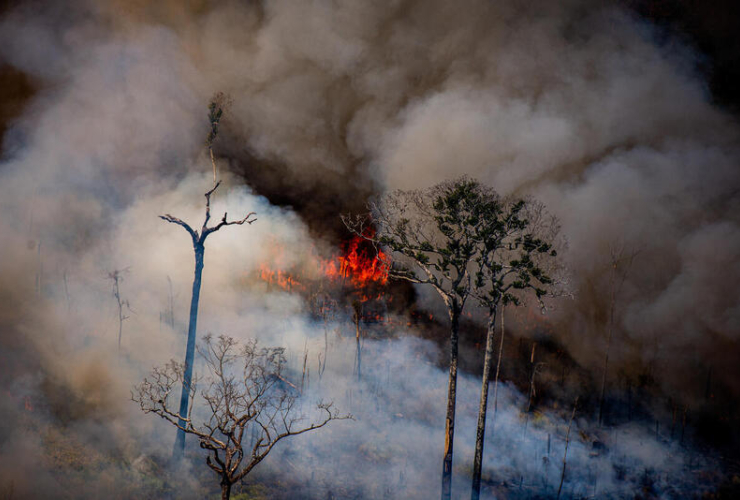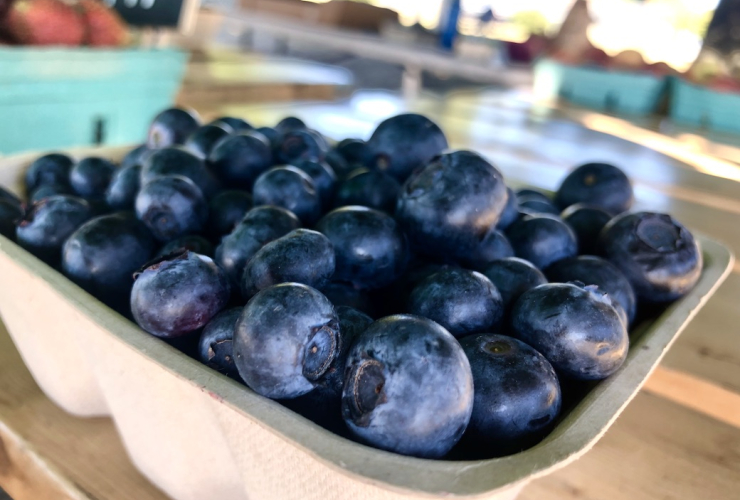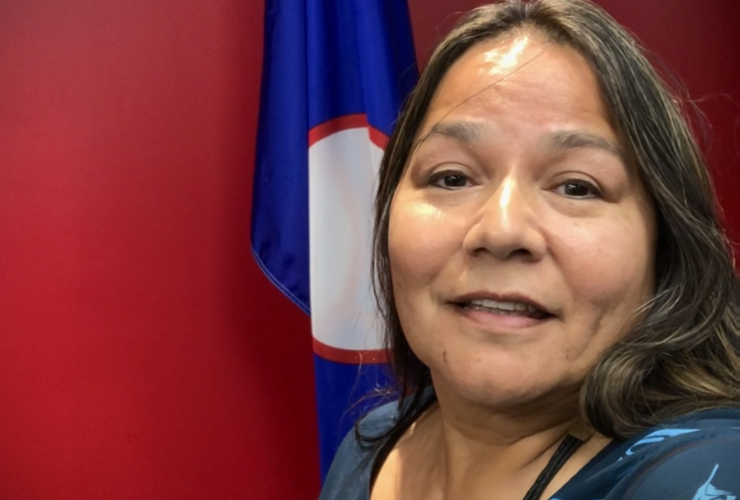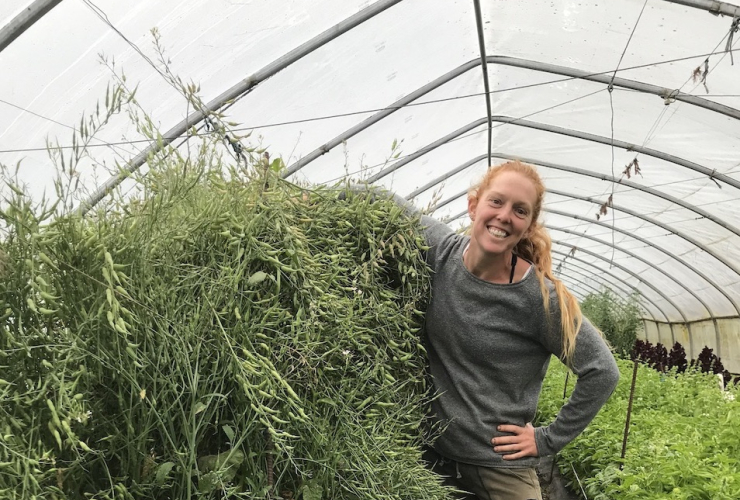Marc Fawcett-Atkinson

Journalist | Vancouver |
English
French
About Marc Fawcett-Atkinson
Marc Fawcett-Atkinson is a reporter and writer covering food systems, climate, disinformation, and plastics and the environment for Canada’s National Observer.
His ongoing investigations of the plastic industry in Canada won him a Webster Award's nomination in environmental reporting in 2021. He was also a nominee for a Canadian Association of Journalists's award for his reporting on disinformation.
Marc has previously written for High Country News, the Literary Review of Canada, and other publications on topics exploring relationships between people and their social and physical environments.
He holds an M.A. in journalism from the University of British Columbia and a B.A. in Human Ecology from the College of the Atlantic.
These simple farming techniques can curb greenhouse gas emissions
Saving our climate — and the future of food — could be as simple as planting fields of clover or putting cows to pasture on wheat fields in winter.
Feds tell California growers to prove their lettuce is free of E. coli
Unprecedented federal import restrictions on romaine lettuce and salad mixes from California’s Salinas Valley point to problems in the U.S. agricultural system, which supplies British Columbia with more than half of its fresh vegetables, Canadian food safety researchers say.
Here's how bears and farmers can live in harmony
It’s easy to see why farmers and grizzlies might not get along: the bears love dining on cornfields, silage silos and compost piles — and once they’re used to an easy meal, they can be dangerous.
Feds urged to walk away from Brazil trade deal because of fires, climate concerns
Canada is currently negotiating a free trade agreement with Mercosur countries, including Brazil, which would open Canadian markets up to Brazilian beef and soy.
Mason jars in short supply after pandemic summer
A professional jam-maker needs fruit, sugar and Mason jars to put them in. Until this year, the jars were the least of Geneviève Blanchet’s concerns.
Blueberries could be next in line for U.S. tariffs
Canadian blueberries are big business — big enough they might be next in line for U.S. tariffs.
A 1930s-era federal agency helped farms recover from an ecological crisis. It's time for a replacement, advocates say
Environment Canada predicts the upcoming decades will transform Canada’s climate, forcing farmers to re-evaluate everything from which seeds to buy to which pastures their livestock graze. That’s a huge challenge for farmers with no time to pore over scientific studies and models charting how the climate crisis will transform their land.
DFO salmon decision shuts hundreds of First Nations out of consultations, experts say
As a child, about 300 wild salmon, carefully packed into a chest freezer after each fishing season, sustained Kukpi7 Judy Wilson and her family for the year ahead. “We had one freezer for salmon, one freezer for wild meat, and my parents had a ranch farm. We were independent,” said Kukpi7 Wilson, now chief of the Neskonlith Indian Band, and Secretary-Treasurer of the Union of B.C. Indian Chiefs.
B.C. seed growers reaping sales surge thanks to the pandemic
COVID-19 has had unexpected beneficiaries: B.C.’s small-scale seed growers. The B.C. Eco-Seed Co-op, a co-operative of roughly a dozen seed farmers in the province, saw its sales skyrocket.
First Nations wary of consultation process on Discovery Islands fish farm decision
First Nations are warning Fisheries and Oceans Canada that final decisions around contentious fish farms in the Discovery Islands will have to respect Indigenous rights.










